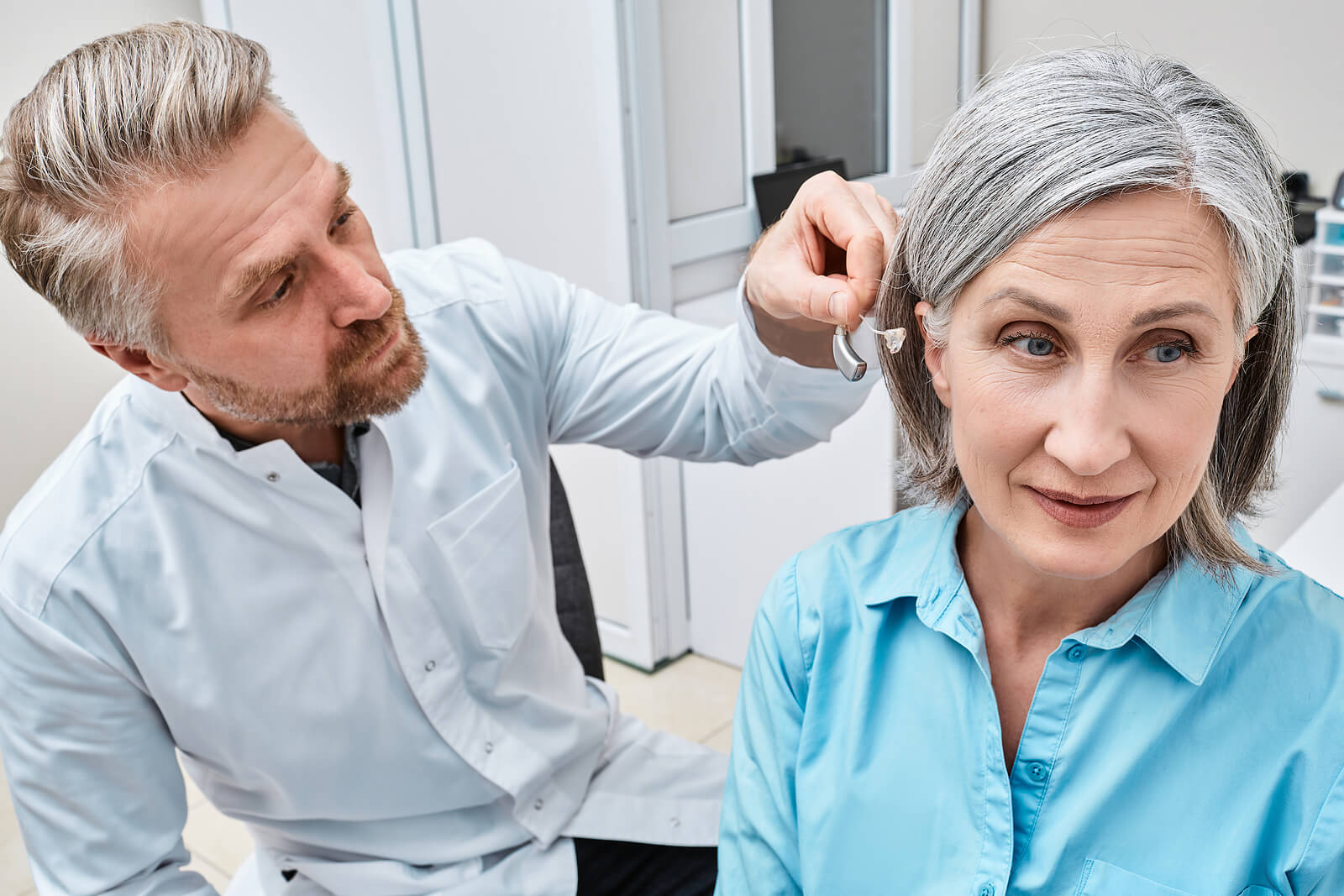
When it comes to addressing hearing loss and finding the right solution for your needs, it can be helpful to understand the roles and qualifications of professionals in the field. Audiologists and hearing aid dispensers are two of the main types of hearing health specialists and they have complementary roles. Both provide hearing healthcare services and offer a range of hearing aid options. Let’s explore the differences between audiologists and hearing aid dispensers, empowering you to make informed decisions about your hearing health.
What is an Audiologist?
Audiologists are healthcare professionals who specialize in the assessment, diagnosis, and treatment of hearing and balance disorders. They hold advanced degrees in audiology (Au.D. or Ph.D.) and are licensed to practice in the state. Audiologists undergo extensive education and clinical training, typically completing doctoral programs that focus on the anatomy and physiology of the auditory system, hearing assessment techniques, rehabilitation strategies, and the selection and fitting of hearing aids and other assistive devices.
Roles and Responsibilities of Audiologists
Some of the responsibilities of audiologists can include:
- Conduct comprehensive hearing evaluations, including audiometric testing and diagnostic assessments.
- Provide personalized treatment plans tailored to individual needs, which may include hearing aids, assistive listening devices, auditory rehabilitation, and counseling.
- Offer counseling and support to individuals and families affected by hearing loss, addressing communication challenges, coping strategies, and emotional well-being.
- Conduct research and contribute to advancements in the field of audiology, improving diagnostic techniques, treatment options, and outcomes for individuals with hearing loss.
What is a Hearing Aid Dispenser?
Hearing aid dispensers, also known as hearing instrument specialists, are professionals who specialize in the fitting and dispensing of hearing aids. They may have varying levels of education and training, ranging from certificate programs to associate degrees, and are licensed or certified to dispense hearing aids in the state. Hearing aid dispensers focus primarily on the selection, fitting, and adjustment of hearing aids based on audiometric results and individual preferences. They have a deep knowledge of hearing aid models and considerations when it comes to choosing hearing aids.
Roles and Responsibilities of Hearing Aid Dispensers
Some of the responsibilities of hearing aid dispensers can include:
- Conduct hearing screenings and assessments to determine the need for amplification.
- Recommend and fit appropriate hearing aids based on individual hearing loss, lifestyle, and budget considerations.
- Provide instruction on the proper use and care of hearing aids, including maintenance, troubleshooting, and follow-up adjustments.
- Collaborate with audiologists and other healthcare professionals to ensure comprehensive care for individuals with hearing loss.
Key Differences: Audiologists vs. Hearing Aid Dispensers
While both audiologists and hearing aid dispensers play important roles in addressing hearing loss, there are several key differences between the two professions:
- Education and Training: Audiologists typically hold advanced degrees in audiology and undergo extensive clinical training, while hearing aid dispensers may have varying levels of education and training, ranging from certificate programs to associate degrees.
- Scope of Practice: Audiologists are qualified to assess and diagnose hearing and balance disorders, provide comprehensive treatment plans, and offer counseling and support to individuals and families affected by hearing loss. Hearing aid dispensers focus primarily on the fitting and dispensing of hearing aids, with less emphasis on diagnostic testing and rehabilitation services.
- Licensing and Regulation: Audiologists are licensed healthcare professionals regulated by state licensing boards. Hearing aid dispensers are licensed or certified to dispense hearing aids in accordance with state regulations.
Finding the Right Hearing Health Specialist
Audiologists and hearing aid dispensers each play important roles in addressing hearing loss and improving the quality of life for individuals living with hearing loss. Audiologists are highly trained healthcare professionals who specialize in the assessment, diagnosis, and treatment of hearing disorders, while hearing aid dispensers focus primarily on the fitting and dispensing of hearing aids. By understanding the differences between these professions, you can make informed decisions about your hearing healthcare needs and access the appropriate services and support.
Ready to take control of your hearing health? Schedule a consultation with a hearing health specialist today to explore your options for comprehensive hearing care and personalized treatment. Your journey to better hearing starts here.
